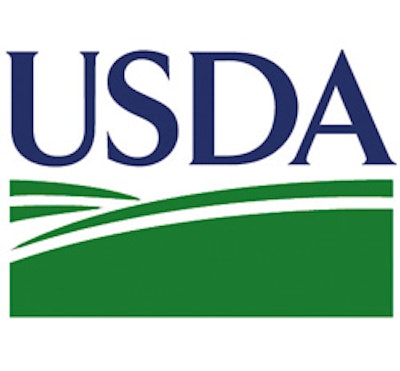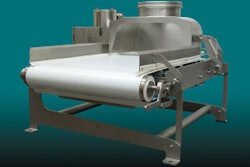
The first new case of mad cow disease, or bovine spongiform encephalopathy (BSE), since 2006 has been detected in a dead cow in California, but the U.S. Department of Agriculture (USDA) maintains that the nation’s food supply is safe.
“The beef and dairy in the American food supply is safe and USDA remains confident in the health of U.S. cattle,” said U.S. Agriculture Secretary Tom Vilsack. “The systems and safeguards in place to protect animal and human health worked as planned to identify this case quickly, and will ensure that it presents no risk to the food supply or to human health.”
The USDA says the case is an isolated incident, and the agency has no reason to suspect that other U.S. animals are affected at this time.
According to USDA Chief Veterinary Officer John Clifford, the affected animal’s carcass is being held at a rendering facility in California and will be destroyed. “It was never presented for slaughter for human consumption, so at no time presented a risk to the food supply or human health. Additionally, milk does not transmit BSE,” Clifford said.
BSE is a chronic degenerative disease which affects the central nervous system of cattle. The USDA says it currently maintains a system to protect public health from BSE, which includes the removal of specified risk materials (SRMs) — tissues that may contain the BSE agent in an infected animal — from the food chain. Non-ambulatory disabled cattle are also prevented from entering the food supply, and Food Safety and Inspection Service (FSIS) inspectors condemn any cattle exhibiting signs of the disease.






















